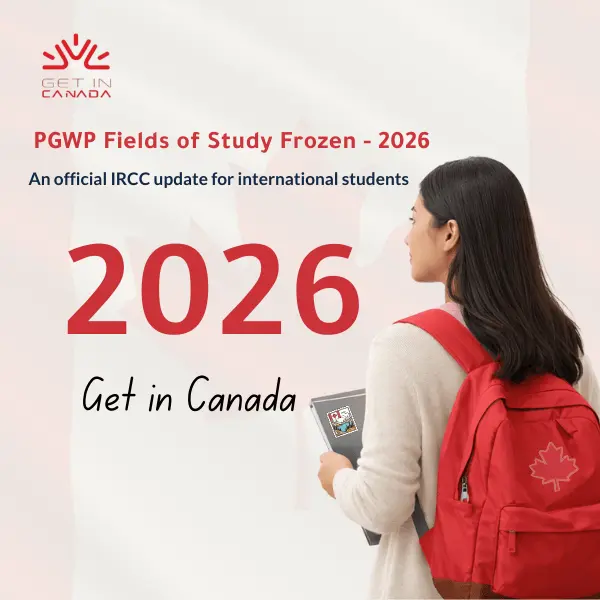Can you access IRCC settlement services as a temporary resident?
According to the IRCC, some temporary residents may access specific services of settlement that are financed at the federal level.
It is a term that is used to describe persons who are not permanent residents of Canada; such persons move to the country either to work, visit, or study.

Understanding settlement services
Services provided in a settlement manner are often non-profit assistance mainly aimed at helping immigrants integrate into Canada. Some of those services may include language training, employment, and help in influx in society, among many others, to facilitate the reintegration of the beneficiaries into society, particularly in Canada.
Find out if you are eligible to get in Canada →
Am I eligible for IRCC’s settlement services?
Immigration, Refugees, and Citizenship Canada (IRCC) says that some temporary residents (TRs) in Canada can use federal settlement services. However, different organizations across Canada have their own rules, so who can get help might change depending on where you go. Some services, like language training, may have extra rules about who can use them, such as age limits.
Who can get these services?
Both the main applicants and their eligible family members (like spouses and children) can qualify in these groups:
Workers
- Temporary Foreign Workers (TFWs):
- These are people who have a work permit approved by the government.
- This group also includes TFWs who are on their way to becoming permanent residents.
- Temporary Residents in the Atlantic Immigration Program (AIP):
- These individuals are chosen by employers in the Atlantic provinces.
- They can access services such as:
- Help to figure out their needs and resources.
- Connections to the community.
- Information and support programs.
Those moving to permanent residence
- AIP Applicants:
- Temporary residents who have sent in a complete application to become permanent residents under the AIP.
- They can get:
- Help assess their needs.
- Referrals to other services.
- Information and support.
- Community connection programs.
- RNIP Applicants (Rural and Northern Immigration Pilot):
- Temporary residents who have sent in their application to become permanent residents under the RNIP.
- They can use services like:
- Assessments of their needs.
- Help to find referrals.
- Information and support.
- Community connection programs.
- They can access these services as long as the RNIP program is active.
Note: Eligibility for RNIP services follows specific rules and lasts for the time that the pilot program is running.
Who Can Get Help:
- Persons who belong to other countries and who benefitted from the CUAET program through the issuance of a Temporary Resident Visa (TRV).
- Ukrainian nationals who have a temporary resident’s permit.
Key Date:
- Such Ukrainian nationals in Canada seeking temporary residents can avail of the IRCC settlement services up to March 31, 2025.
Gaza Public Policy
Who Can Get Help:
- A foreign national who was granted a TRV of the temporary public policy to help certain extended family members affected by the Gaza crisis.
- Those holding a travel passport or any other official papers issued by the Palestinian authority of any kind.
- Some family members who are not directly covered by the Gaza public policy but were given a TRV based on special exemptions under the Immigration and Refugee Protection Act (IRPA) or Immigration and Refugee Protection Regulations (IRPR) under these conditions:
- Subject to TWV or TRV on humanitarian and compassionate grounds issued between January 9, 2024, and December 31, 2024.
- Issued Special Circumstance TRV between January 9 and December 31, 2024.
Other Eligible Groups:
- Temporary residents who arrived in Canada after they left the Palestinian Territories with support from the government of Canada.
Key Dates:
- It also means that such temporary residents must have settled in the country within the period from November 1, 2023, and December 31, 2024.
- They can receive some services provided by IRCC settlement until the end of March 31, 2027.
Altogether, in this way, a few of the transient populations in part of Canada may join IRCC settlement administrations relying upon the visa they hold and their situation. Some individuals that can get these services include the refugee and humanitarian, the nonimmigrant workers, and the individuals under immigration through change of status. There are several other programs, and they include Canada-Ukraine Authorization for Emergency Travel (CUAET) and Gaza Public Policy. As you will note, certain factors make you eligible to receive help, and hence, you should consult with IRCC or service providers to establish whether you are entitled to support.











